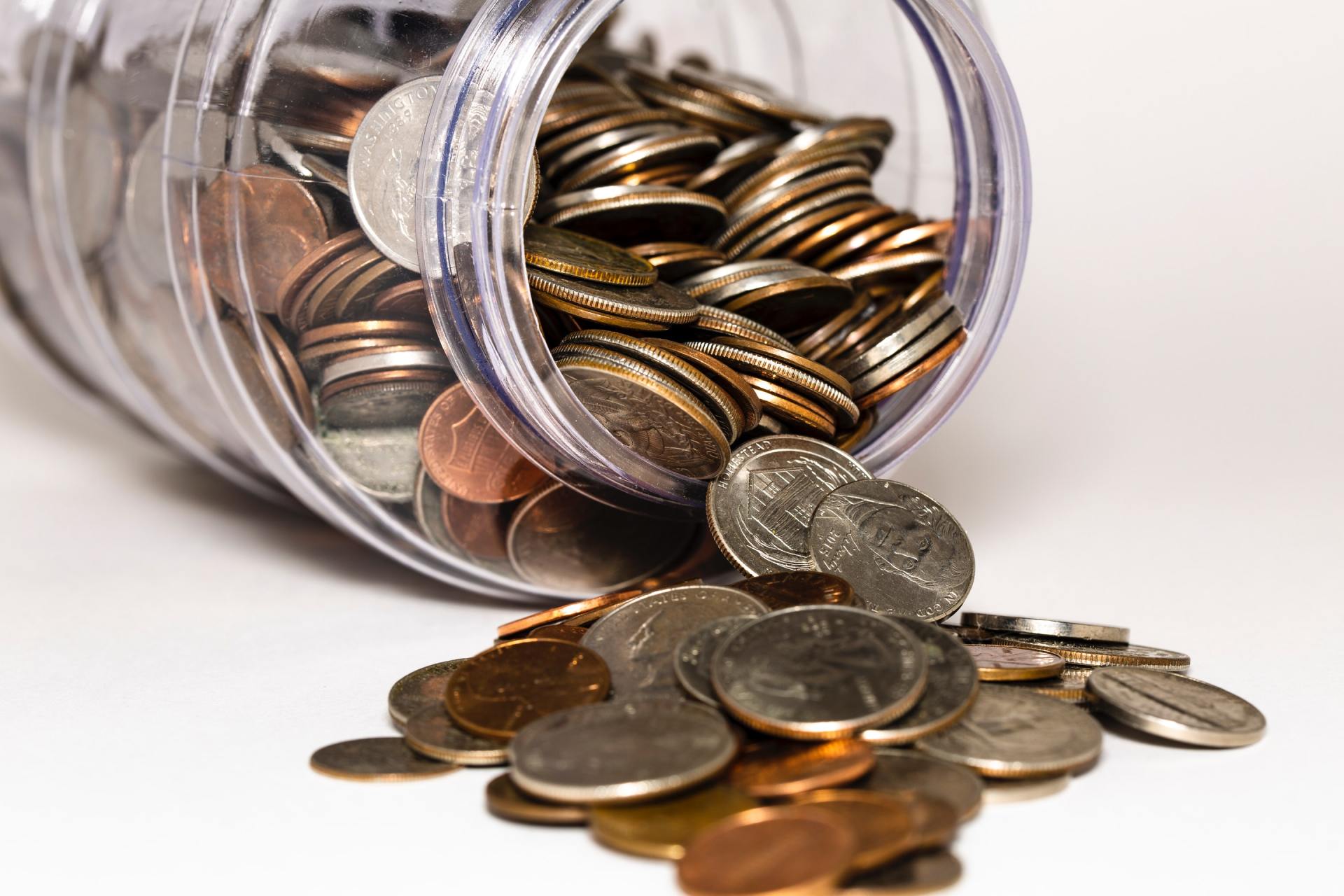How I got “fat” and loved my grandmother for it

A version of this was published in the Sunday Inquirer Magazine, Manila Philippines
Fat! Fat! Fat! Easy fat!
These are not exactly words anyone would like to say, especially when referring to their physique. But it’s something I’ve been chanting for a while now. No, I don’t have a crazed ambition to become overweight. Fat in Chinese means “prosperity.” Loosely translated, the phrase I’ve been reciting since Chinese New Year simply means money comes easily.
And indeed, this has been true for me as far as I can remember.
My relationship with money started quite early in life. When we were children, my maternal grandmother would give money to me and my older brother Miguel at the end of each visit. It wasn’t much, just a peso or two (the big heavy coins back then, which looked like they had more value). Nonetheless, this simple gesture of hers taught me a great deal about money and life.
I hardly have memories of my grandmother. Quite peculiarly, her short presence in my world left an enduring imprint on two aspects of my life: teeth and money.
I remember her asking me to show her my teeth one time when we were alone in her room. She held up my chin, looked at my face, and asked me to flash my pearly whites. Then she stared intently at them. I found the whole scenario rather absurd, but with the money I was earning for each visit, I decided she could stare down my esophagus if she felt like it.
After a moment, she let go of my face, looked at me, and said in her typical Spanish aristocrat manner, “You have perfect teeth, hijo, take good care of them.” Then she quickly sent me off.
This probably explains why through my adult life, I’ve been obsessed with getting a dental check-up at every opportunity. That is, until my dentist actually told me to lessen my visits. “I think you can afford to stop coming here for a while, Paolo. Your teeth are fine,” he said upon seeing me for the third time in less than a year. “No, your teeth don’t need to be bleached. Any whiter than that and you’ll be smiling like a Miss Universe contestant,” he even said one time when I innocently asked about the process of bleaching.
With my unproblematic teeth, I concluded that my dentist probably regarded me as an unchallenging case. So I took his advice and lessened my visits, fearing that he might one day decide to give me a root canal out of boredom.
“Miguel, Paolo, come say goodbye to your lola,” my mother would holler from across the hall, and my brother and I would drop our Lego sets and sprint out of the room, expecting to be a few pesos richer.
After we kissed her goodbye, my grandmother would elegantly open her coin purse and place loose change in our palms. I enjoyed this straightforward business transaction, which required little or no investment on my part (aside from the random teeth inspection). It was as if she was paying to see me. I in turn expected to be remunerated for simply being her grandson.
With all the money I collected from my grandmother’s visits, I was soon able to splurge on little whims—mostly junk food, stickers, and fruit-scented erasers. One time, I bought an orange-scented eraser that smelled so much like the real thing, I kept sniffing it like an addict. I even took a bite, only to realize that fruit-scented didn’t automatically mean fruit-flavored.
One of my biggest expenses at that time was a joint purchase I made with Miguel. It was a Christmas gift for our parents—our very first one. For weeks, we searched the neighborhood shops for the perfect present, scrutinizing everything we saw with the smug confidence of two boys with money to spend. We walked around the shops like high net-worth capitalists searching for the next big investment, until we finally stumbled upon what we thought was the most exquisite merchandise ever.
Looking back, I now wonder what on earth ever possessed us to spend good money on such a garish-looking object.
It was a badly made clay figurine of Buddha lying on his side, with his head propped up on one hand and supported by cushions. This hideous ode to one of the most spiritual masters that ever walked the planet was painted bright mustard yellow except for his hair, which was jet black, upswept and coiffed in some traditional oriental hairstyle. With a long feminine robe that flowed down to his legs and a facial expression that showed everything but enlightenment, he looked like a tired old hooker waiting for the next customer.
The embarrassing part was that Miguel and I were so drawn to this tawdry ornament that we kept checking on it for days. “We better get this now or someone else might buy it!” I told him.
I can just imagine the emotional prowess it must've taken for my parents to act delighted at having received such a shabby gift that Christmas. For a few days, this Buddha took center stage on our living room coffee table. Then without warning, it was transferred to the side table beside the telephone (hidden behind a potted plant). After a few weeks, it found its way inside one of the glass cabinets. Then finally, it was kept inside one of the top cabinets of my mother’s dressing room, where it could no longer visually assault anyone.
Meanwhile, the pay-per-visit arrangement with my grandmother continued as a tradition. One time, instead of coins, she decided to give us chocolate ones wrapped in gold foil, which I thought were real. I jumped for joy, as though I had received gold bullions from some sunken Spanish armada, and hurriedly kept them inside my cabinet.
I pranced around like a leprechaun with a hidden pot of gold for the next few days, until I noticed a long trail of ants making their way to and from my cabinet. I became suspicious and wondered for a moment whether my mother kept the Buddha figurine underneath my clothes, inadvertently turning my shirt cabinet into some sort of temple for ant pilgrims. Then I realized that it was the ants, not me, who struck gold, having found the chocolate coins wrapped in gold foil.
My grandmother died one summer afternoon. I still vividly recall how my mother pulled into our driveway, slowly got out of the car, and told us that her mother had lost her battle with cancer. It was my sister’s birthday.
I was upset upon hearing the news for two extremely selfish reasons: we were planning a party that week and now had to cancel it, and I had lost my easy source of cash.
Perhaps my grandmother and the ants were on to something. Maybe they were trying to teach me that money is so much sweeter if you worked hard for it, and that it’s always there, if only you know where to look (underneath my clothes, in the ants’ case).
Not surprisingly, I grew up developing an unwavering trust that life will always somehow provide me with everything I need, and that infinite abundance is available to everyone all the time, and not always by way of material possessions.
One of my biggest expenses recently was a joint purchase I again made with Miguel. Still the same two boys, but this time with a little more money to spend, and minus the smug confidence we had back then, we decided to invest in real estate. This time, I’m quite certain it won’t be the tackiest thing we’ve ever bought.
I would like to believe that somewhere up there, my grandmother is still elegantly opening her coin purse and showering us with prosperity, guiding us towards choices that truly enrich our hearts.
I’ve always found it rather amusing how “fat” means prosperity in Chinese and unwanted body tissue in English. And maybe it’s likely so, because just like fat cells, good fortune can manifest in the most unexpected places.
So, with perfect white teeth, I say to my grandmother, keep the fat coming!
